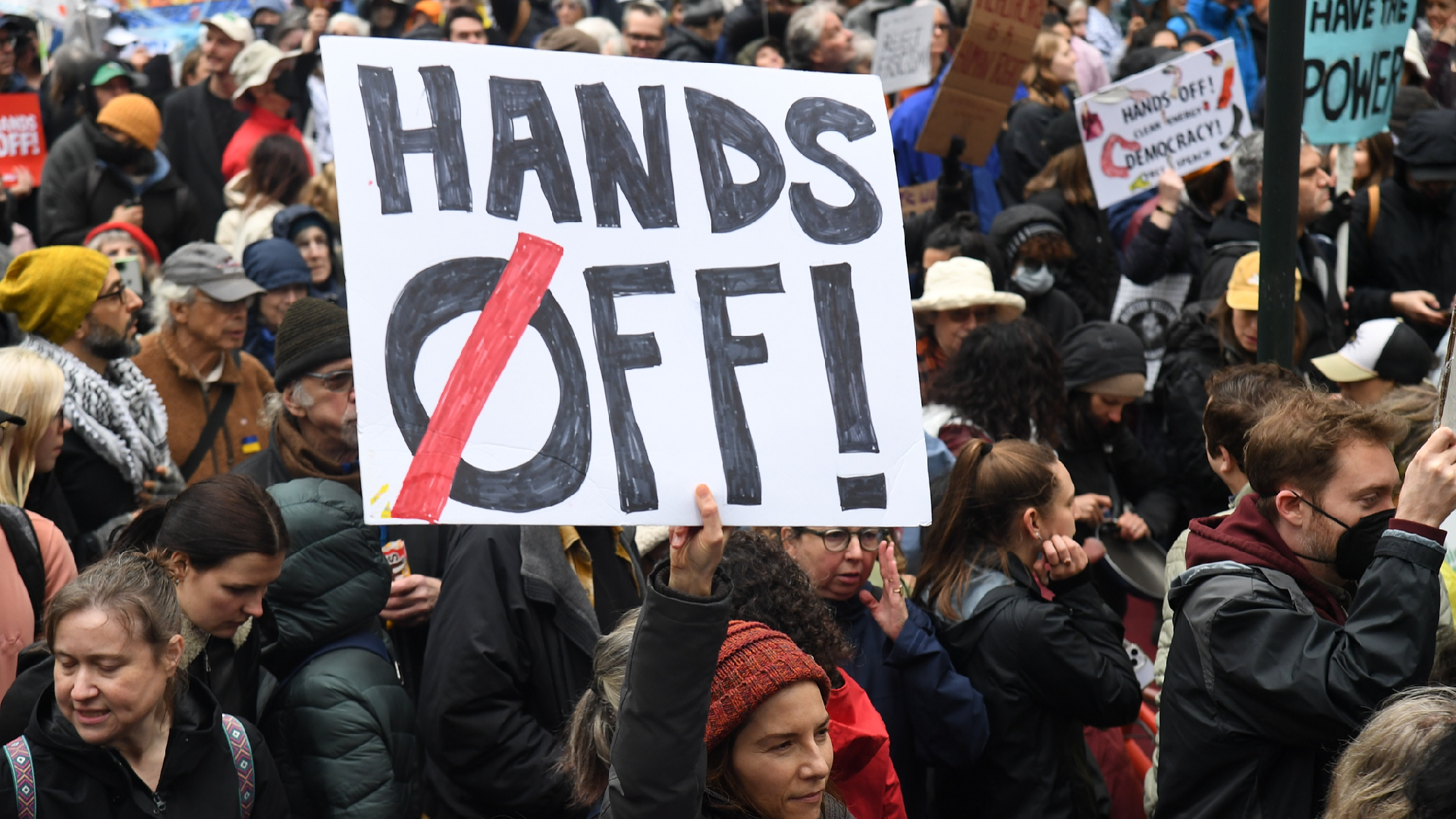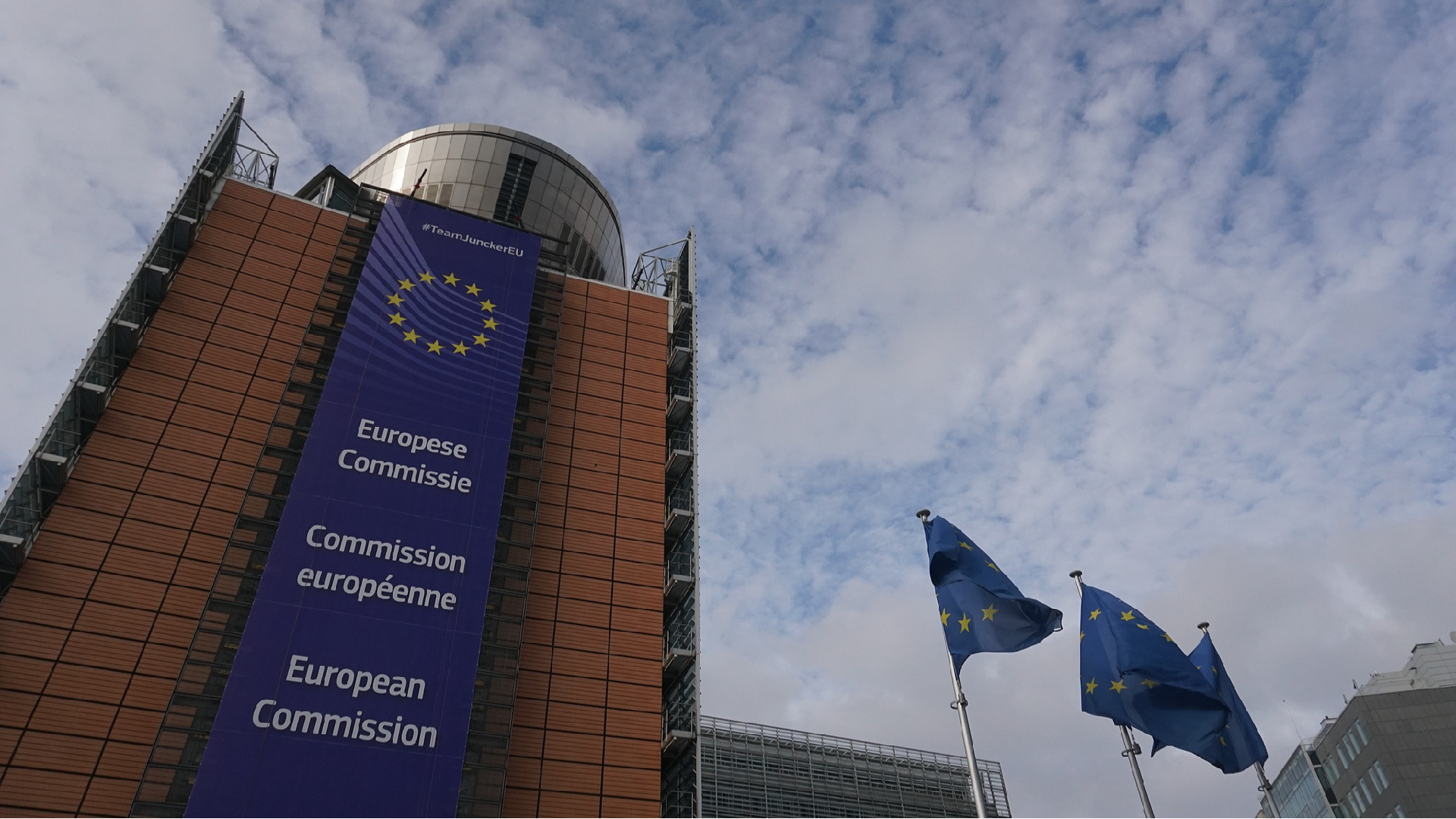Domestic and international critics slam Trump's tariffs amid concerns over the economy
U.S. President Donald Trump's recent decision to implement severe tariffs on nearly all countries has ignited a mounting backlash both domestically and across Western Europe, with various polls indicating widespread disapproval of what he considers...

Public opinion in the United States shows a growing skepticism regarding Trump's trade and economic strategies, as highlighted by a Wall Street Journal survey. The results indicate that 54 percent of those surveyed oppose the tariffs, and 52 percent believe that the American economy is deteriorating rather than improving. Additionally, Trump's handling of inflation has garnered 15 percentage points more disapproval than approval, and his overall management of the economy has received eight percentage points more negative than positive feedback.
A separate poll conducted by Reuters/Ipsos reveals that many Americans are concerned about climbing prices: 73 percent expect the cost of everyday goods to rise. Specifically, 77 percent anticipate higher prices for personal electronics, while 62 percent foresee increased expenses for home repairs within the next six months.
Conducted on Sunday, this survey followed Trump's announcement of "reciprocal" tariffs, which include a baseline levy of 10 percent on all imports, with rates reaching up to 49 percent for specific countries such as China and Vietnam.
The tariffs, which came into effect on Wednesday, have disturbed global financial markets and prompted retaliatory measures from the EU, Canada, and other nations. This divide across the Atlantic is further illustrated by a YouGov poll, which shows that there is significant public support in Europe for retaliatory actions, even if such measures could potentially harm their own economies.
The YouGov survey included respondents from Denmark, France, Germany, Italy, Spain, Sweden, and the UK, revealing that large majorities support a tit-for-tat response. Support for such actions was highest in Denmark at 79 percent and lowest in Italy at 56 percent.
In Germany, 75 percent of those surveyed believe that countermeasures would have a "lot" or "a fair amount" of negative impact on their national economy. This concern is echoed in Spain by 71 percent, in France and Italy by 70 percent, in Sweden by 62 percent, in the UK by 60 percent, and in Denmark by 50 percent.
Moreover, public sentiment towards the United States and Trump has deteriorated following his tariff actions. A recent poll from Brazilian research firm Quaest indicates that 43 percent of respondents now hold unfavorable views of the U.S. president, compared to just 22 percent who view him positively. This survey marks a significant shift in perspectives, with negative sentiments toward the U.S. rising to 41 percent, up from 24 percent in March 2024. During the same timeframe, favorable views of the U.S. decreased from 58 percent to 44 percent.
James del Carmen for TROIB News
Find more stories on Business, Economy and Finance in TROIB business












